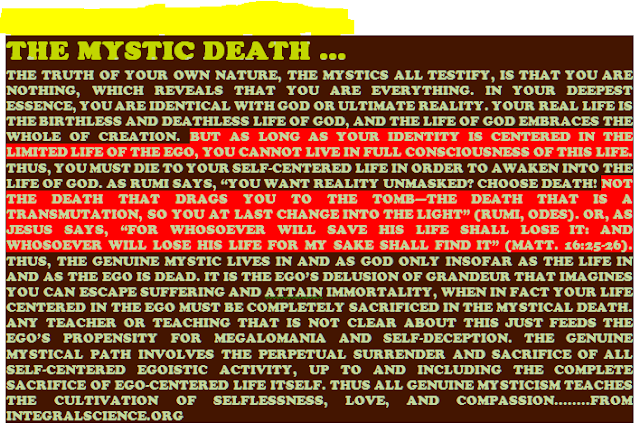Madagali, the Europeans and the diary….

In the early 20th century, Hamman Yaji, the Fulani ruler of Madagali, developed a unique and intensified form of slave raiding, extending it into the Mandara Mountains proper. This paper describes and analyzes his slaving strategy, tactics and results in the light of his diary, which records his restructuring and management of this economic sector, contemporary written sources, oral traditions and ethnography. It pays particular attention to the responses of the montagnard groups on which he preyed and develops an interpretation of the nature of the interface between the Fulani and the montagnard resistance. The montagnards on whom Hamman Yaji preyed consisted of numerous ethno-linguistic groups speaking related Chadic languages and organized into small chiefdoms rarely exceeding a few thousand inhabitants (Figure 1). While such groups are sometimes described globally as Kirdi, a word of Kanuri origin meaning “pagan” (http://www.mandaras.info/Kirdi.htm...




